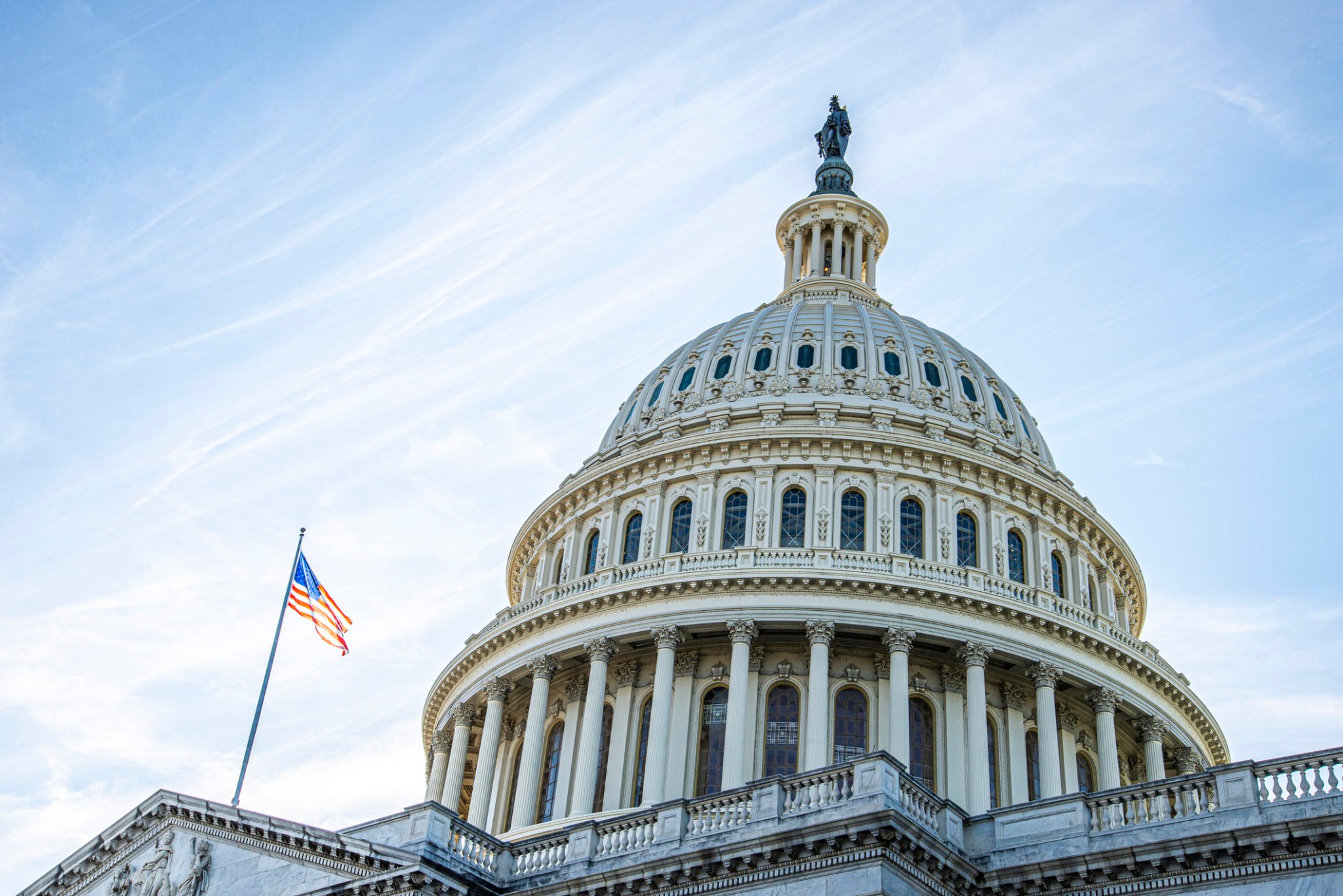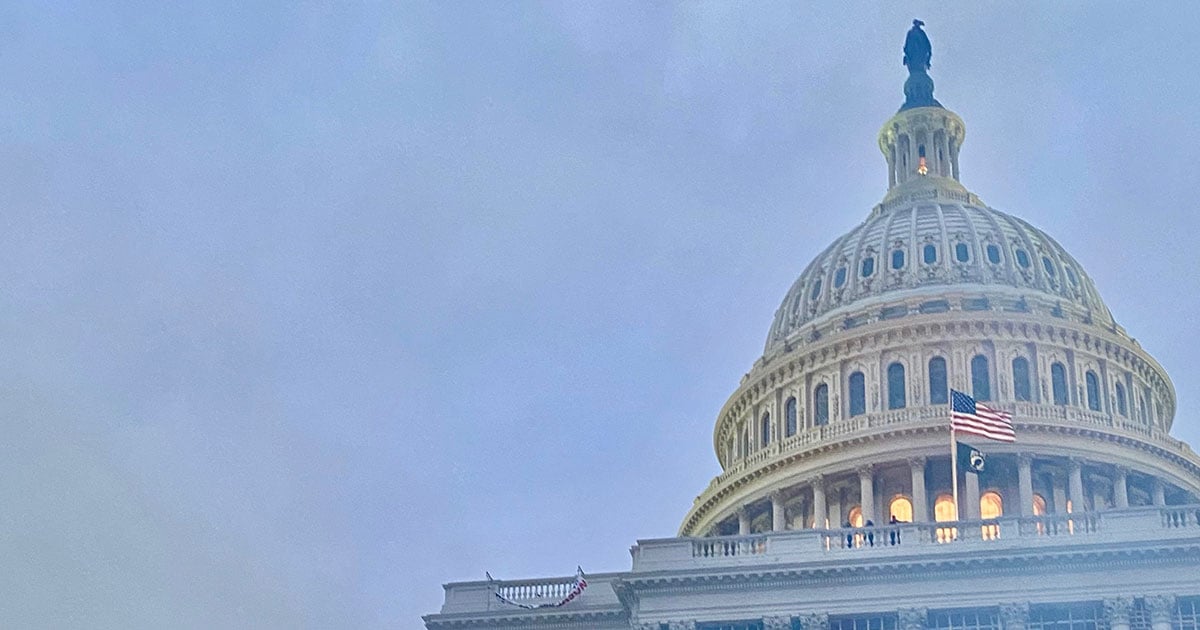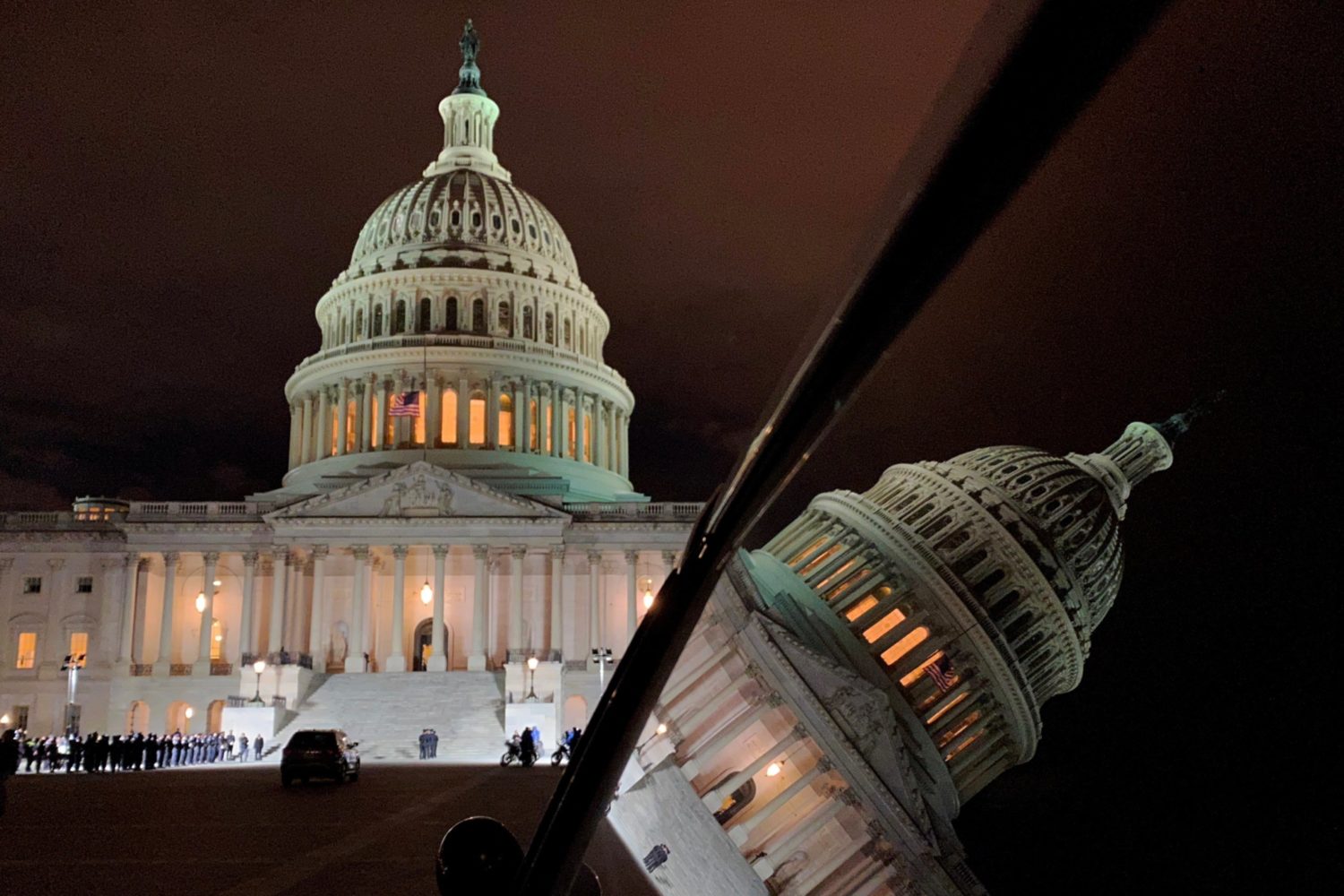On Friday, October 15, the Congressional Black Associates and Senate Black Legislative Staff Caucus penned an open letter calling for change on Capitol Hill. The letter—entitled “From Black Congressional Staff to America”—highlighted how, even among the most racially and ethnically diverse congressional class, the current congressional staff does not represent the country.
Exactly how un-diverse is the Hill? The letter cites a report conducted and released in 2020 by the Joint Center for Political and Economic Studies, a think tank. In a nutshell, woefully un-diverse. For instance:
- People of color account for 40 percent of the US population, but only 11 percent of senior Senate staff positions (in the study, senior staff comprises chiefs of staff; LDs; and comms directors)
- Black Americans make up about 13 percent of the US population, but only 3 percent of senior Senate staff
- In the Senate, only 2 of the 100 chiefs of staff are Black
- Of the 435 lawmakers on the House side, fewer than 30 have Black chiefs of staff, and most lawmakers who do are Black, according to the open letter
- Neither political party is excelling at hiring diverse staffs, but Republican offices are doing a better job representing their voters who identify as people of color
The Washington area fares poorly. Per the report, “The three states with the highest share of Black residents that are represented by two Democratic U.S. Senators”—Delaware, Maryland, and Virginia—”have no Black personal office top staff. On average, African Americans account for 24.7% of the residents and 39.3% of the 2016 Democratic Party turnout in [these states], but none (0%) of the 17 top staff positions in the Senate personal offices” of the three states.
On the whole, Capitol Hill can be a notoriously un-friendly, un-accommodating, unfair place to work for people who aren’t straight white men—some of that owing to the fact that there’s no Human Resources department. Each lawmaker’s office runs independently, as an independent employer. “For many of us, when we answered the call to serve, we did so inspired by the possibility that here—in the United States Congress—we could fundamentally improve the quality of life for our communities,” the letter says. “However, in doing so, we have been presented with our fair share of obstacles. In writing to you, we seek to raise awareness of the lack of diversity and other challenges we often face while working in the most influential governmental institution in the world.”
In a New York Times piece, Black staffers described the long process of getting hired to staff positions, which includes the usual networking, but also involves deep research to find members of Congress who “will not flinch at a conversation about race, or will allow aides to wear their natural hair.”
The letter, which was published on behalf of more than 300 Black staff members, outlined four main changes they would like to see on Capitol Hill:
- A stronger college-to-Congress pipeline through partnerships with HBCUs
- More opportunities to show talents and expertise that could lead to promotions
- Liveable wages
- Representation in hiring decisions to reflect constituents
“It is not enough to simply hire Black staff,” the letter says. “Congress must also foster clear pathways for recruitment and career advancement.”


















